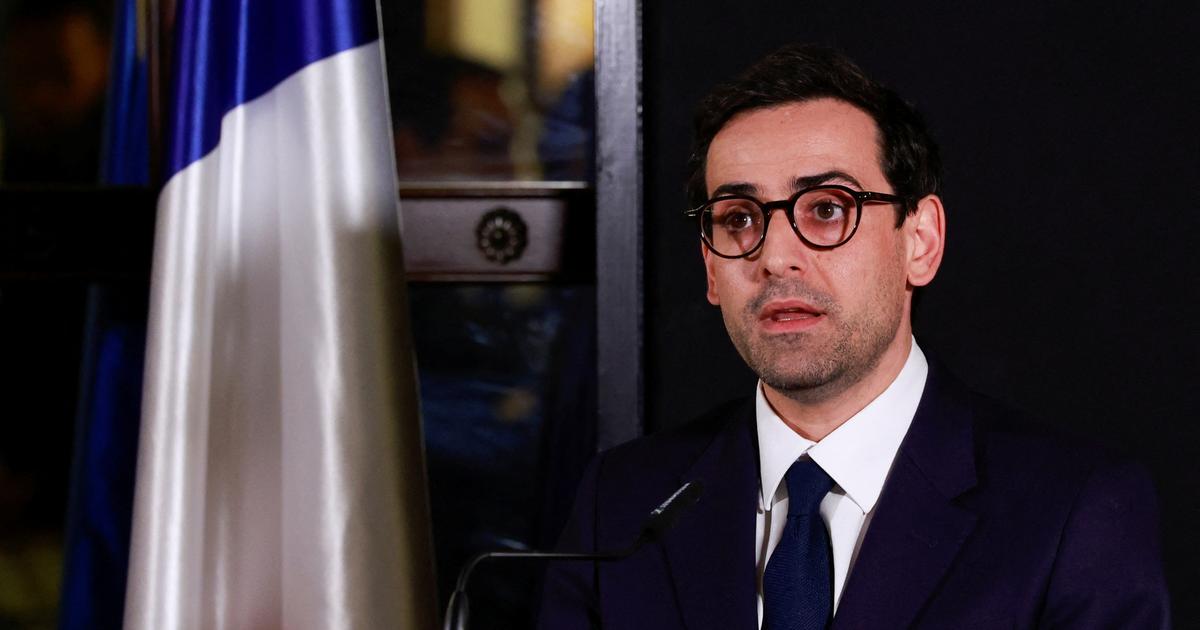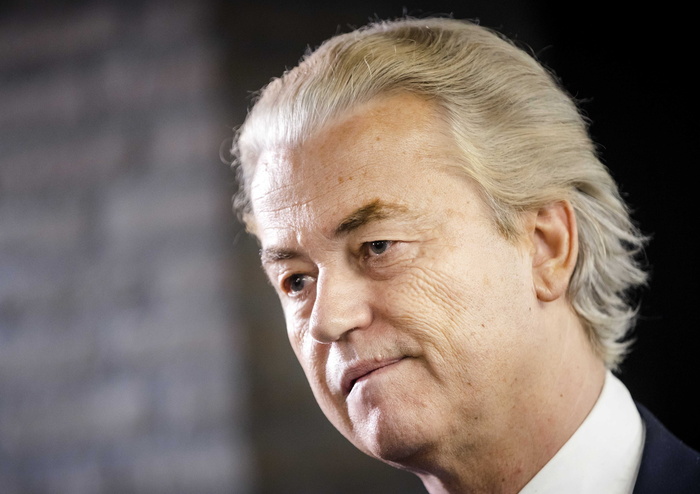The political future of Morocco begins to take shape, after the collapse of the Islamists in the legislative elections of September 8, which ended a decade of governments led by the Party for Justice and Development (PJD).
The billionaire Aziz Ajanuch, elected by King Mohamed VI as the elected head of the Government, announced on Wednesday the agreement to form a coalition Executive made up of the three most voted parties: Ajanuch's own National Regrouping of Independents (RNI) - which obtained 102 of the 395 deputies of Parliament - the Party of Authenticity and Modernity (PAM), with 87 parliamentarians, and the Istiqlal, with 81. During a press conference at the RNI headquarters, Ajanuch marked what will be the priority of his Cabinet: the "economic and social reforms".
More information
Mohamed VI appoints Aziz Ajanuch head of Government in Morocco
Ajanuch did not specify how the portfolios will be distributed among the three parties or whether his government will undertake controversial issues such as the reform of the Penal Code, of strong social significance.
Above all, articles such as those that condemn relationships outside of marriage and relationships between people of the same sex with prison.
There is no surprise in this alliance to form a Cabinet that Ajanuch, the second richest man in Morocco, only behind King Mohamed VI, defined as "by consensus". The Islamists of the PJD made it very clear, after the debacle suffered by going from 125 to 13 deputies, that they were going to the opposition. After almost 10 eventful years as the leader of successive executives, in which the party has experienced the wear and tear that comes with governing despite not having all the springs of power, the Islamists will have to settle for the modest position of the eighth political force of a very powerful Parliament. atomized. In addition to leaving the Government, the PJD has lost the mayoralties of Rabat, Marrakech, Fez, Tangier, Meknés, Agadir, Kenitra, Salé and also those of hundreds of medium-sized municipalities. Those big cities were his main voting niche.
Also left out of the Executive is one of the great historical formations of the Moroccan opposition, the Socialist Union of Popular Forces (USFP), a party that emerged from a split from the Istiqlal in 1959, and which won 34 legislative seats.
The three government formations have enough ideological points in common and it is foreseeable that the new Executive will act in full harmony with King Mohamed VI, who continues to set the great guidelines of the country.
The monarch directly appoints the heads of several of the most important ministries, those known as "sovereignty", such as Religious, Foreign and Interior Affairs.
Aziz Ajanuch himself was head of the Ministry of Fisheries and Agriculture for 14 years, under different coalition governments.
Join EL PAÍS now to follow all the news and read without limits
Subscribe here
Both the RNI and the PAM, two of the partners of the new government coalition, are parties that the Moroccan left baptized in the 70s as "administrative", that is, whose creation was promoted by the royal palace.
The objective of the RNI, in principle, was to counter the then powerful progressive opposition.
The one of the PAM, to fight the popularity of the Islamists of the PJD.
The RNI dates from 1978, during the time known as the “lead years” of Hassan II's reign, when political repression reached its zenith.
The PAM was founded in 2008 by Ali Fuad el Himma, who is currently the main adviser of the monarch and who was in his childhood a companion of the king's desk at the Royal College of Rabat.
The only party with historical roots and popular base of the three that will make up the government coalition is the Istiqlal (Independence), a nationalist group with conservative roots.
The formation was born in 1943 and contributed greatly to achieving the country's independence, in 1956, from the Franco-Spanish protectorate.
The elected head of the Government stressed that his Cabinet will be guided by what he defined as "the foundations of the country", that is, the untouchable "red lines" in Morocco for both the opposition and the country's press: Islam, defense of territorial unity -especially in what concerns Western Sahara- and the “constitutional monarchy”.
Thierry Desrues, a researcher at the Higher Center for Scientific Research (CSIC), indicated by telephone from Spain that this coalition of only three parties marks a breaking point with respect to the previous ones, which used to integrate between five and eight formations.
“This coalition is more homogeneous.
There will be little discrepancy between them ”.
Although the Istiqlal has a more conservative bias than the other two formations, Desrues thinks that this aspect will have no consequence when it comes to governing.
"The elites of the Istiqlal are made up of technocrats, just like those of the RNI," says the researcher.
“The three parties have internal contradictions that reflect the complexity of Moroccan society, but it is in their genes to adapt to the king's guidelines.
They will know how to do it without any effort ”.
Follow all the international information on
and
, or in
our weekly newsletter
.

/cloudfront-eu-central-1.images.arcpublishing.com/prisa/ROX5CECFSYSIQ3LQUPIKIAIRWI.jpg)





/cloudfront-eu-central-1.images.arcpublishing.com/prisa/WPWGX6DIRZA3DAQ7GEHRNPNOLQ.jpg)

/cloudfront-eu-central-1.images.arcpublishing.com/prisa/C4IYYIVRFGRNYFDXR36TFCCVAM.jpg)